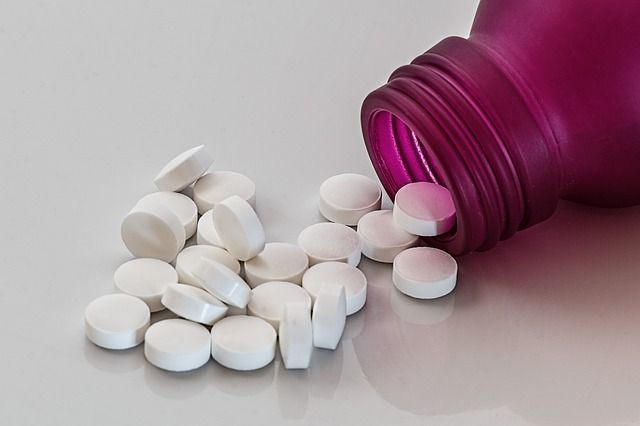Ritalin Abuse And Other ADHD Drugs Can Cause Brain Changes In Young People

Ritalin, a prescription drug commonly used to treat ADHD, is increasingly used by young people without a prescription as a way to stay focused and study late into the night. However, new research suggests the stimulant drug could have more consequences than dark circles under your eyes. The study has found that, when taken recreationally, Ritalin has the ability to change brain chemistry, increasing risk-taking behavior and sleep disruption.
A new study conducted by researchers from University of Buffalo found that Ritalin, the brand name for the drug methylphenidate, a central nervous system stimulant used to treat ADHD (attention deficit hyperactivity disorder), causes changes in brain chemistry that may lead to a number of adverse effects such as trouble sleeping and increased risk-taking behavior, Futurity reported. These changes are especially dangerous for young people taking the drug, as this is a time when the brain is still going through a great deal of growth and development. What’s more, females may be more susceptible to these changes than males.
Read: Adderall Uses And Effects On The Brain: How ADHD Medication Impacts Neural Connections Over Time
“We saw changes in the brain chemistry in ways that are known to have an impact on the reward pathway, locomotor activity, and other behaviors, as well as effects on body weight,” Panayotis (Peter) Thanos, a researchers involved in the study, told Futurity. “These changes in brain chemistry were associated with serious concerns such as risk-taking behaviors, disruptions in the sleep/wake cycle, and problematic weight loss, as well as resulting in increased activity and anti-anxiety and antidepressive effects.”
For the study, the team looked specifically at changes in the brains of mice who were given regular doses of methylphenidate, similar to what a human adolescent may take. Results showed a number of chemical changes in the mice’s brain, suggesting that the same may also occur in humans.
Unfortunately, the use of Ritalin, as well as other ADHD medications such as Adderall and Dexedrine is prevalent among young adults, particularly college aged students. For example, a 2014 study from Johns Hopkins Bloomberg School of Public Health, found that while the number of prescriptions for Adderall has remained unchanged among young adults, misuse and emergency room visits related to the drug have risen dramatically. About 60 percent of people who misuse Adderall are between the ages of 18 and 25.
The drugs are taken to help improve focus, and while they do accomplish this, there are a number of serious health problems also assocaited with the drugs misuse that could outweight this small benefit. For example, Adderall in particular can lead to heart complications such as high blood pressure and stroke, and can increase risk of mental health problems such as depression and unusual aggressive or hostile behavior JHBSPH reported.
Even misuse among patients who are prescribed the drug is troublesome, as individuals with ADHD are especially prone to drug dependency problems, Futurity reported.
Thanos and his team hope their study will young adults and physicians alike pay more attention to the long term consequences of methylphenidate misuse.
Source: Robison LD, Ananth M, Hadjiargyrou M, Komatsu DE, Thanos PK. Chronic oral methylphenidate treatment reversibly increases striatal dopamine transporter and dopamine type 1 receptor binding i. Journal of Neural Transmission. 2017
See Also:
Adderall's Effect On Your Brain: Whatever Obscure Benefits There Are, It's Not Worth It
Published by Medicaldaily.com



























